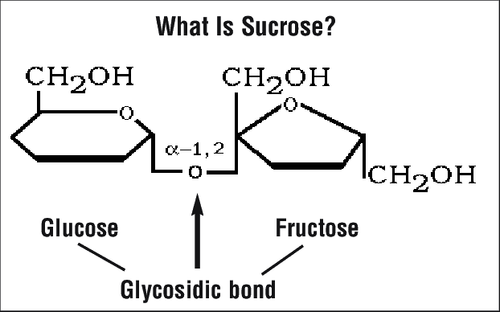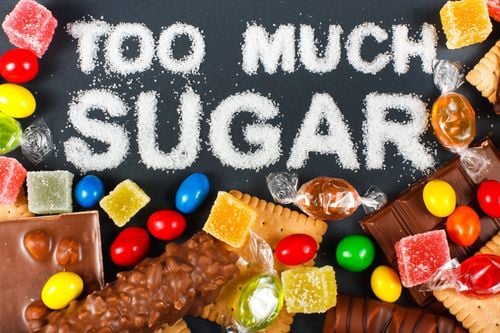This is an automatically translated article.
Article written by BS. Dr. Ho Thu Mai, in charge of Nutrition - Vinmec Times City Hospital
Diets high in sugar are associated with poor nutrition, obesity and non-communicable diseases. The sugar-free diet contributes to the density and better energy balance. Reducing sugar in the diet also contributes to reducing the incidence and severity of dental diseases.
Free sugars include simple sugars and double sugars added to foods, cooked or eaten alone, and sugars found in foods such as honey, syrups, juices and concentrates.
>>> How does eating too much sugar affect your body?
The increase or decrease of free sugar in the diet is closely related to body weight as this affects dietary energy levels. Total dietary energy is the sum of energy intake from food and drink. Including, energy from energy-generating substances are Lipids (9 Kcal/1 gram), Protein (4 Kcal/1 gram) and from powdered sugar (4 Kcal/1 gram) including free sugars, sugars available in foods and dairy sugars.
Many studies show that reducing the amount of free sugar in the diet will reduce an average of 0.8 kg in body weight with 95% confidence. The results of several other studies in children showed that children who ate a lot of free sugar and drank soft drinks were 1.5 times more likely to be overweight-obese than those who controlled their free sugar intake. enter and do not drink soft drinks.
>>> How much sugar do children eat each day?

Người dùng nên sử dụng đường một cách hợp lý và đảm bảo khoa học
The relationship between adult and pediatric dental caries and sugar intake is proportional. People whose energy from sugar accounted for >10% of total energy intake had higher rates of tooth decay than those whose energy supplied by sugar accounted for <10% of total energy intake. Tooth decay is a cumulative and progressive disease from childhood to adulthood. Just because people didn't have tooth decay as children doesn't mean they won't get cavities as adults.
The World Health Organization recommends reducing dietary sugar in both children and adults. Reduce the amount of free sugar in the diet to less than 10% of total dietary energy and progress to 5% of total dietary energy.
>>> What will happen to the body if there is excess sugar?
This sugar intake recommendation does not apply to people who are on special diets to treat conditions such as severe and moderate malnutrition.
In Vietnam, sugar consumption has increased sevenfold in the past 15 years. In 2018, the average sugar consumption of Vietnamese people was 46.5 grams/day, much higher than recommended by the World Health Organization (25 grams/day).
One can of carbonated soft drink contains up to 36 grams of sugar. Research results on nearly 2,000 people on the habit of using carbonated soft drinks show that over 57% have the habit of drinking carbonated soft drinks. In which, 13% of men who were asked and drank carbonated soft drinks said that they drink every day, nearly 16% drink 5-6 times/week, nearly 29% drink 3-4 times/week. In women, the rate is lower, but more than 10% drink every day. High consumption of sweets increases the risk of obesity and diabetes.
In addition, using a lot of sugar also increases the risk of cardiovascular diseases, strokes, cerebrovascular accidents.
Please dial HOTLINE for more information or register for an appointment HERE. Download MyVinmec app to make appointments faster and to manage your bookings easily.













